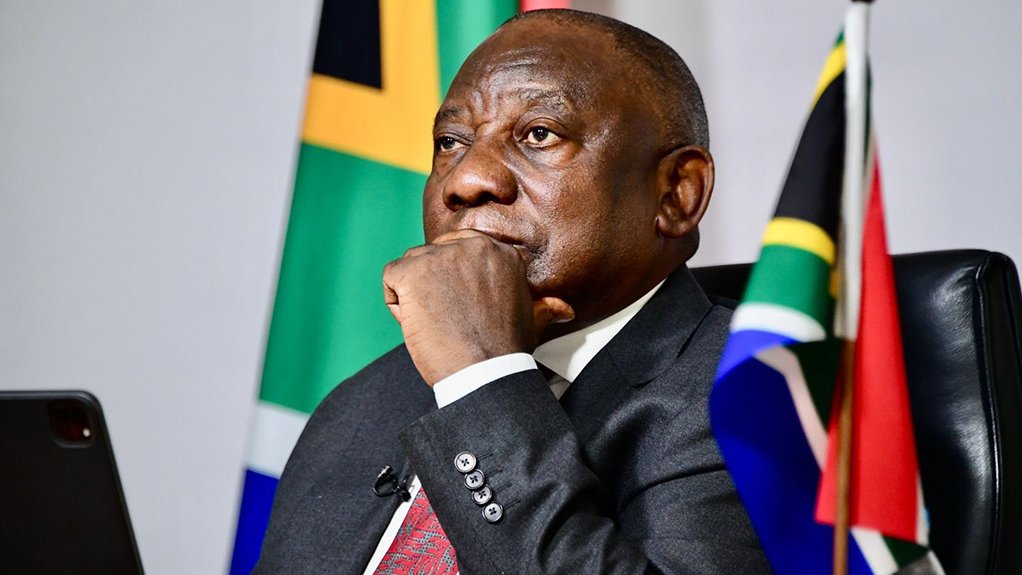President Cyril Ramaphosa pointed out on Monday that strengthening local government is the Government of National Unity’s (GNU’s) key priority, noting disruptions in the supply of electricity and clean water in many districts.
Ramaphosa wrote in his weekly letter to the nation that many local councils are plagued by “poor governance, limited capacity and severe financial constraints”, all of which are affecting service delivery.
He reflected on the progress government has made this past year and during the previous administration, which he said showed that it can overcome the difficulties the country is facing.
Ramaphosa pointed out that the country has had over 250 days with no loadshedding, attributing this to a combination of increased maintenance and generation recovery by Eskom.
He said this was also owing to the addition of more capacity to the grid from renewables, and the large-scale uptake of solar and battery energy solutions by households and businesses.
He announced that the National Energy Crisis Committee is working to get more power onto the grid, to expand electricity infrastructure, to diversify the market for the benefit of consumers, and to lay the groundwork for an energy-secure future.
Ramaphosa highlighted that while government is making progress, it has a long way to go, noting the slow pace of the country’s economic growth.
“The pace of economic growth is still too slow and not enough jobs are being created. Families still struggle with the high cost of living. While there has been some improvement in the crime statistics and there have been breakthroughs in tackling crime syndicates, crime and violence is still widespread in many communities,” he said.
RECOVERY OF FREIGHT RAIL
Meanwhile, Ramaphosa also pointed to a significant recovery of the commuter rail service after theft and vandalism during the Covid-19 pandemic nearly destroyed the network.
He said stations have been refurbished, new state-of-the-art trains are on the tracks, and 31 out of 40 key passenger corridors are now operational.
“There were 40-million commuter rail passengers in the last financial year, up from 15-million passengers the previous year. We are making progress in the recovery of freight rail and dealing with longstanding operational challenges in our ports. We are seeing improvements at the container terminals in Durban and Cape Town, as well as with infrastructure upgrades,” he explained.
REDUCING POVERTY
Ramaphosa stated that while unemployment levels remain extremely high, more South Africans are finding jobs.
He noted that consumer inflation is at a four-year low, making essential goods like fuel and most food staples more affordable.
“Over the past 12 months, fuel prices have come down. Around 60% of the national budget is dedicated towards the ‘social wage’. These are the measures that reduce poverty and directly improve people’s lives. In addition to the provision of grants to vulnerable groups and unemployed people, this social wage includes subsidised housing, free basic services, no-fee schools and school nutrition,” he explained.
Ramaphosa highlighted that government has been able to sustain these measures even as public finances are under severe pressure.
However, he said the momentum government has achieved this year was marred by tragedy, pointing to the deaths of children who ate contaminated foodstuffs.
He explained that several stringent measures are in place to prevent such tragedies.
“As government, business, labour and civil society, we can achieve a great deal when working in unison to overcome our common challenges. In the new year, we will embark on a National Dialogue that will draw together all South Africans in crafting a common vision for the country,” he explained.
EMAIL THIS ARTICLE SAVE THIS ARTICLE ARTICLE ENQUIRY
To subscribe email subscriptions@creamermedia.co.za or click here
To advertise email advertising@creamermedia.co.za or click here











